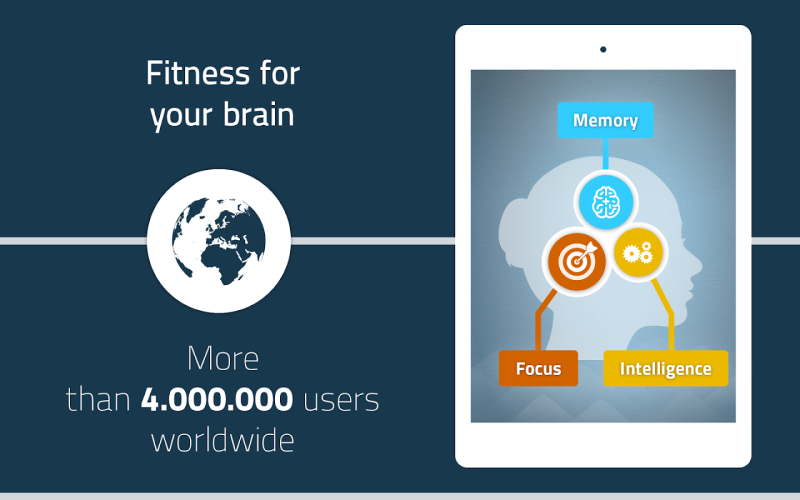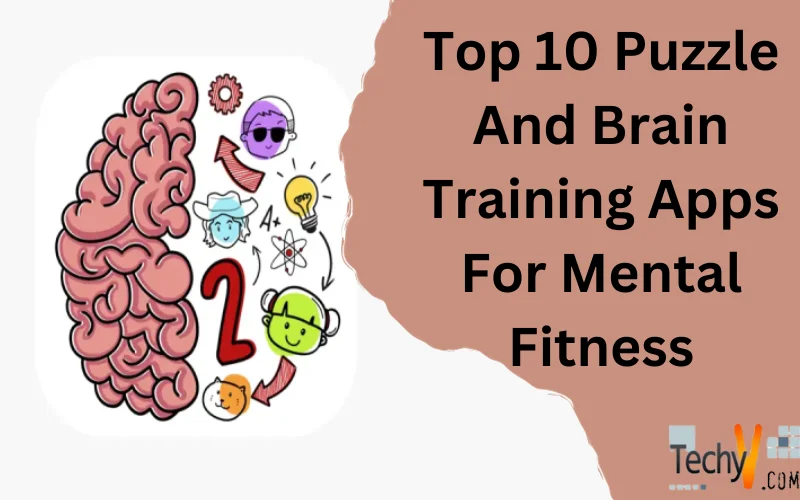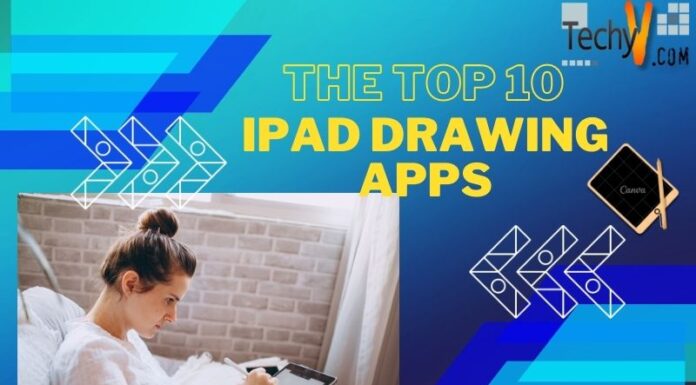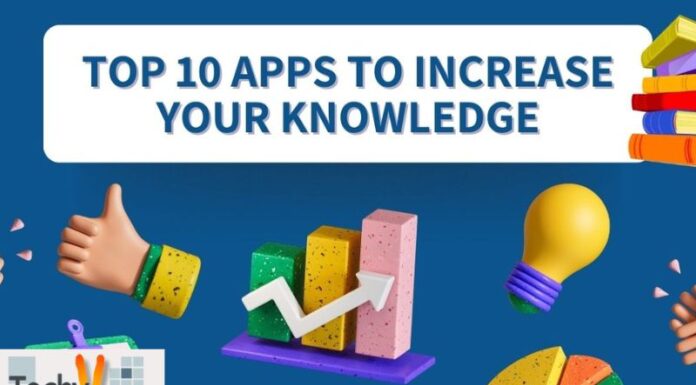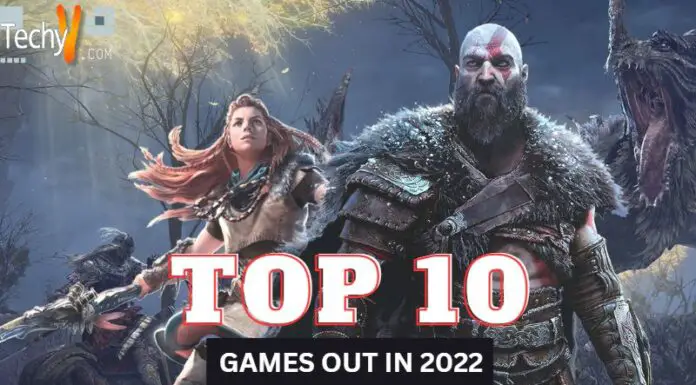Maintaining mental sharpness stands crucial, though often disregarded in our fast-paced world. Science shows the mind requires training just as muscles need exercise. Allowing cognition to lag may decrease capabilities managing life’s daily problem-solving, yet brain health needs not to decline with the passing years. Convenient brain training apps now exist, harnessing technological potential to optimize neural functioning. These tools target fluid intelligence itself rather than rote academic skills. Backed by research, personalized smart games show promise at honing mental agility, cognitive speed, and adaptive abilities serving real life. Reviewing stand-out mental workout programs will highlight the capability apps hold to enhance fluid intelligence, rather than simply academic knowledge. Peak performance stems not from cramming information, but from mastering nimble, quick-thinking fluid cognition manageable into old age. Avoiding mental decline requires training mental muscles as one might exercise physical fitness.
1. Lumosity
Standing as the most popular, Lumosity contains games targeting memory, attention, flexibility, problem-solving, and more. Their program adapts to individual ability levels. With over 60 games available, users likely find boredom no issue. Games range from memory challenges recalling sequences to flexibility exercises adapting to shifting rules to problem-solving puzzles. Through personalized training programs shown to improve cognition, Lumosity holds the potential to help daily life by enhancing mental processes including memory retention, focus, and quick thinking.
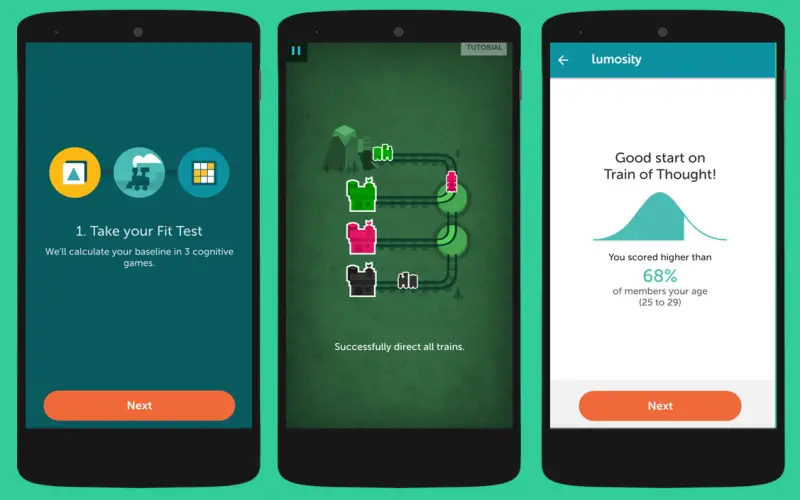
2. Elevate
Also highly regarded, Elevate offers games that enhance writing, speaking, reading, listening, and math skills. This app adapts to weaknesses and strengths. With short daily training sessions, users often see gains in critical thinking and productivity. Backed by research, Elevate may boost real-world performance by improving abilities like reading comprehension, clear writing, accurate calculations, and more. Games target skills like quickly decoding misspelled words or solving math problems without finger counting.
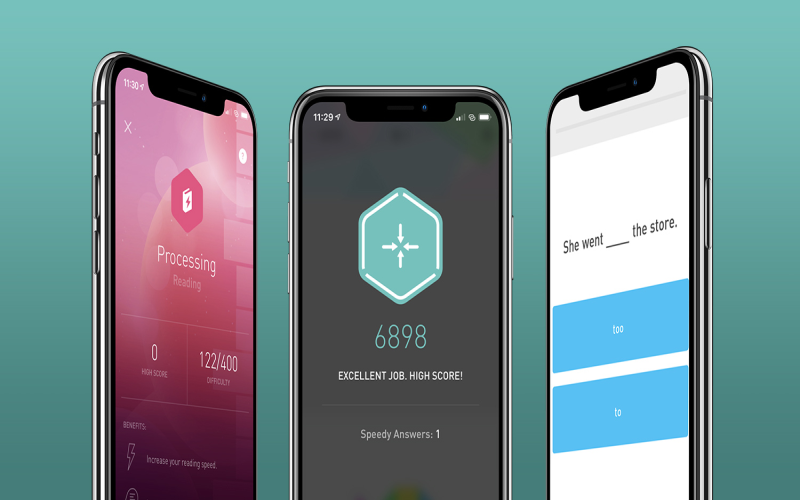
3. CogniFit
Unique in assessing the current cognitive state first, CogniFit provides customized programs targeting areas needing improvement. Their tools measure abilities across memory, concentration, planning, and processing speed. The app personalizes training plans to sharpen skills. As an option based on science, CogniFit helps optimize brain health by pinpointing and improving individual weak spots. The assessment identifies struggles with memory capacity, attentional control, or mental mapping for example.
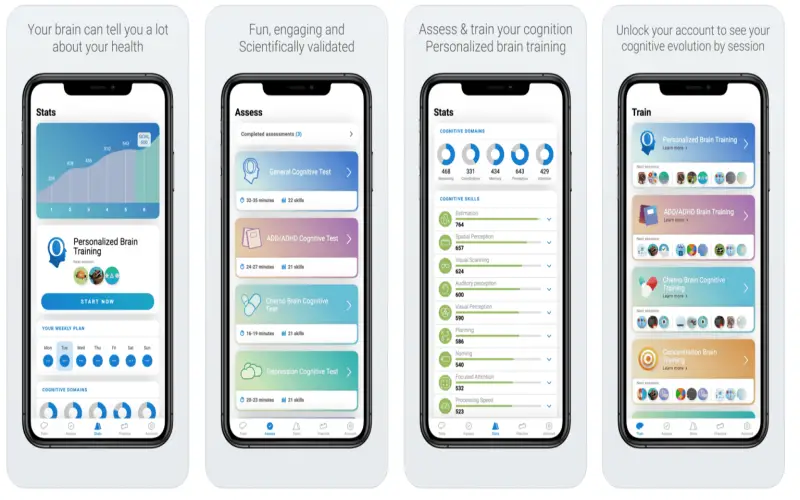
4. Peak
Unlike most apps focusing on cognition itself, Peak aims to improve mental agility used in daily life. Mini-games test abilities like problem-solving, coordination, and memory. With fun yet quick sessions, Peak pushes mental speed and adaptability. Since fast fluid intelligence assists daily tasks, this app holds great practical value in increasing efficiency in handling everyday demands. Games challenge rapid visual processing, mental coordination, and working memory capacity essential to manage life’s constant mental juggling.
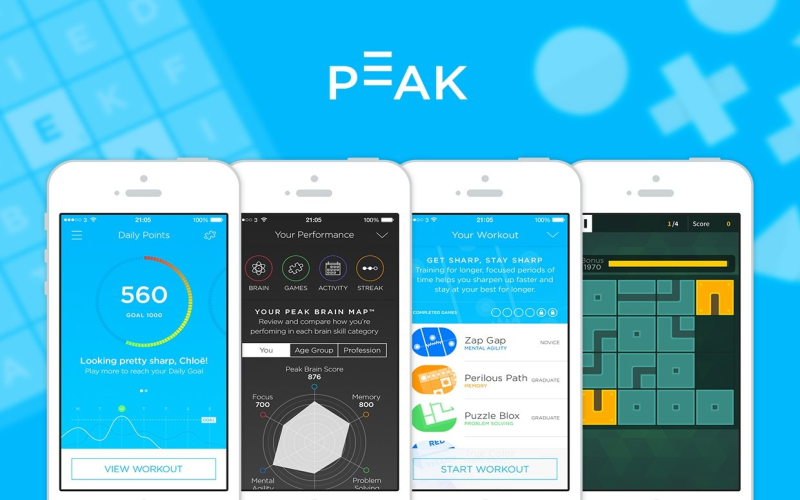
5. Genina Sudoku
Practice solving the logic numerics puzzles of Sudoku on Genina Sudoku sharpens observation, algorithmic thinking, and deduction skills. The game sequences puzzles into difficulty tiers through an engaging structure. Players gain stars for completing puzzles and achievements for reaching milestones rewarding progress over months and years. The simple design and constrained problem space allow relaxing immersion, but intuition development challenges users as the game escalates in numbers, complexity, and size. Mental training often requires mastering rules-based fundamentals before advancing so Genina Sudoku builds foundational faculties effectively.
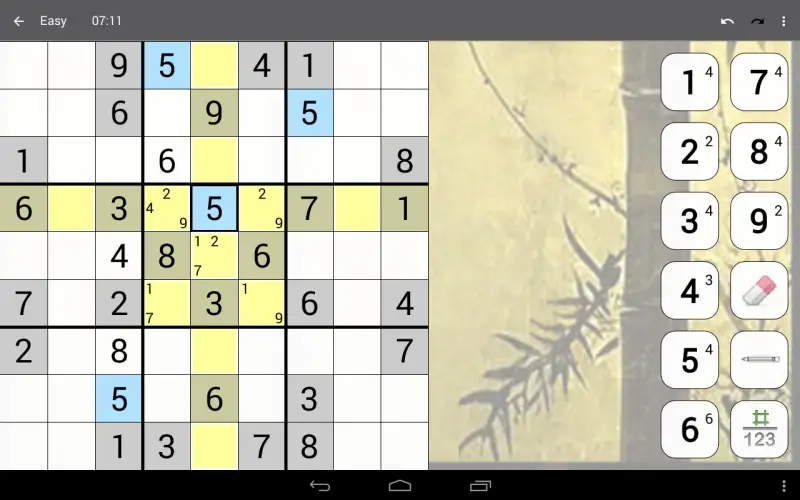
6. New York Times Crossword
Tackling evocative clues with limited letter hints, New York Times crosswords stress knowledge application through constructive recall. Solving sections of the grid suggests related entries piecing together answers through intersecting connections. Players test linguistic competencies and general erudition conquering early week vocabulary before harder late week abstract puzzles related to arts and sciences. Over 100 years of archived crosswords allow customized filters to adjust challenge levels. While puzzles favor native English speakers, worldly subcultures find entertainment in unraveling puns and turns of phrases typical of the newspaper staple.
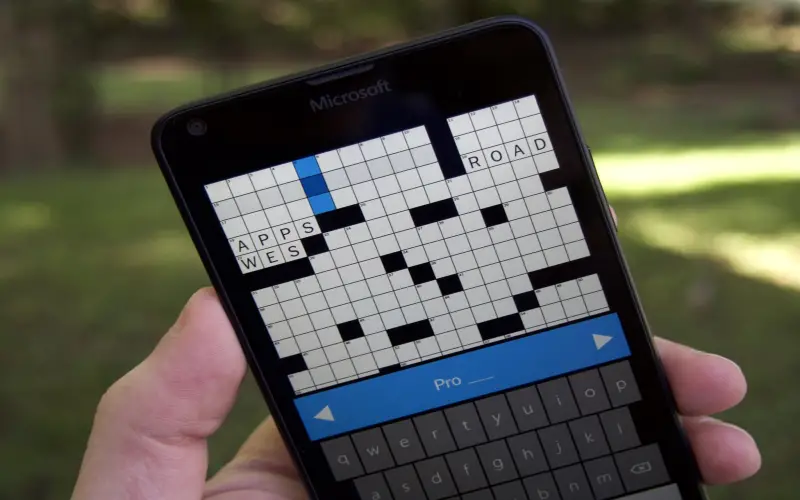
7. Brain Out: Can You Pass It?
This viral hit packages puzzles behind a core “Can You Pass It?” hook encouraging players to overcome increasingly tricky challenges. Graphics lend a zany atmosphere as users tap, swipe, hold, and wait solving logic and visual riddles spanning critical thinking, reflexes, creativity, math, and memory. Hints prevent dead ends, but many puzzles contain simple solutions obscured through assumptions bringing spontaneous eureka moments when finally noticed. Downloads ballooned after videos showcased unexpected solutions piquing viewer curiosity. With many imitators emerging since its 2019 debut, Brain Out sustains a remarkable top 10 position through consistent idea generation.
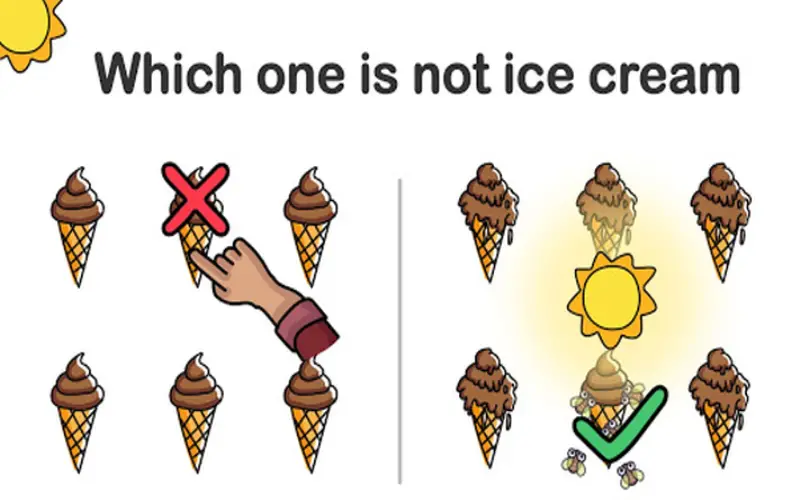
8. Brain Test: Tricky Puzzles
Uncommon Sense takes traditional pen and paper puzzles seen among Lions Club fundraising calendars as inspirations for Brain Test. However, the app adds animated stories creating a progression through levels spanning rebuses, matchstick sequence problems, framed image searches, shape manipulations, and basic physics challenges. Solving enough daily puzzle sets to fill progress bars earns the currency for hint unlocks and custom character purchases mostly cosmetic, but also reduces the incentive for seeking online solutions outright. Mixed difficulty keeps players returning while not overwhelming them into abandonment.
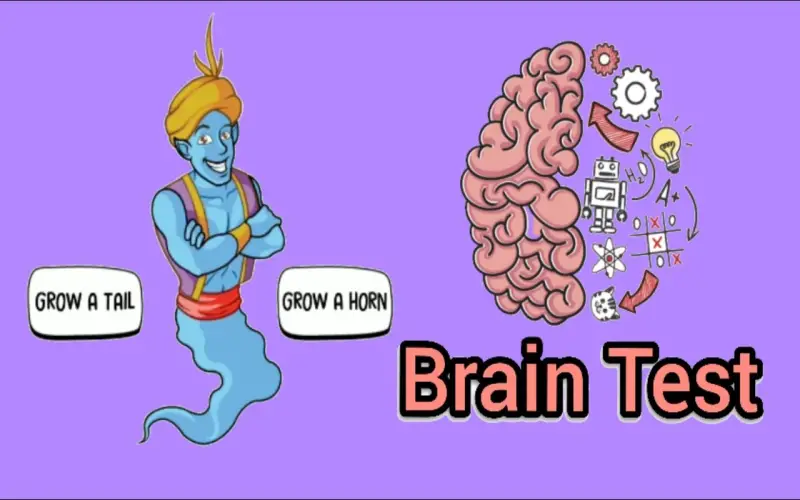
9. Brain Test 2: Genius Brain?
Tricky Test 2 reinforces the appeal of seemingly simple puzzles disrupted by key twists preventing typical success strategies. Game designers likely produce hundreds of concepts filtering down to the selection of stumpers deceiving initial assumptions. Images hold hidden details amid clutter requiring careful taps uncovering key objects not readily apparent. Unexpected physics, concatenated word tricks, and selective attention gaps elicit self-deprecating laughs upon revelations through failed attempts. Players gain resilience against jumping to quick conclusions as later levels assault intuition through clever mechanisms earning the notoriety of the game.
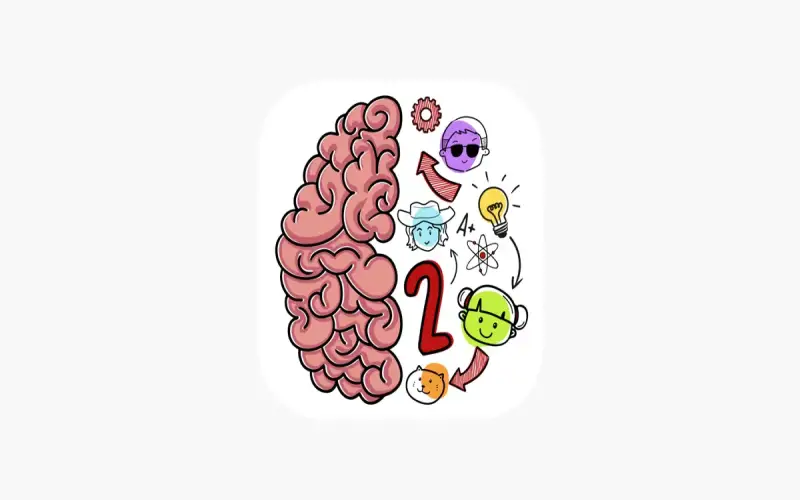
10. NeuroNation
At its foundation, NeuroNation utilizes a dual assessment and training model targeting 12 cognitive domains for improving mental performance. Users receive a quantified score evaluating starting capabilities determining initial games boosting individual development areas related to memory, attention, flexibility, and problem-solving competencies. Workouts structure activities for an under 15 minute per day commitment. Over 100 variations cycle maintaining engagement. The app tracks long-term progress with reminders for reevaluation and adjusting programs adapting to changing needs. NeuroNation recently added mindset lessons and breathing dedicated sections further differentiating itself as a holistic offering.
